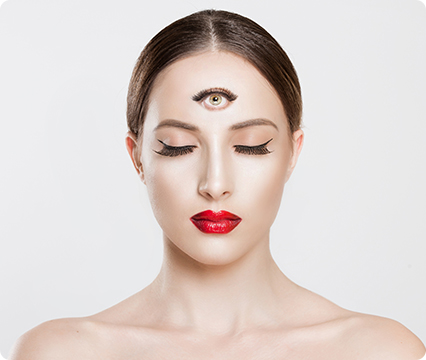The relationship between Intuitive Eating and body image is moderated by measured body mass index
Keirns & Hawkins (2019) tell us that while intuitive eating has been linked with positive body image and lower body mass index (BMI), BMI has been negatively associated with body image. The aim of this study therefore was to examine whether intuitive eating is uniquely connected to body image regardless of weight status (measured by BMI). Another goal was to determine potential moderators in this relationship between intuitive eating and body image. There were 134 adult participants, 74% of which were female and 56% were Caucasian. The total intuitive eating scale scores and 2 of the subscales [Unconditional Permission to Eat (Unconditional Permission) and Eating for Physical Rather than Emotional Reasons (Physical Reasons)] were found to uniquely correlate with body concern. The study also discovered that BMI significantly moderated the interaction between intuitive eating and Body Concern for total intuitive eating, Unconditional Permission, and Physical Reasons. Furthermore, intuitive eating was negatively related with Body Concern, particularly in healthy-weight individuals. Across all weight classes, higher intuitive eating was interrelated with lower body image concerns, although this relationship was strongest in healthy-weight subjects and weakened as BMI increased. [NPID: intuitive eating, internal hunger, satiety cues, body image]
Year: 2019

 Navigation
Navigation






